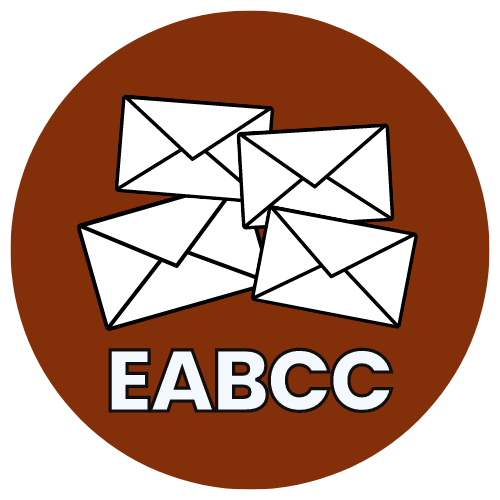Email as a Record?!: building institutional support for email archiving at a small liberal arts college
Presenter:
Jessika Drmacich
Description:
Due to the modern deluge of information and the sometimes ephemeral nature of email as a container, email and other data is often sidelined as a copy of record at small liberal arts colleges who aren’t subject to the same record policies of public universities.
Regardless, email is a critical form of communication, as higher education institutions seek to document, preserve, and make accessible their diverse institutional histories. Although not always a record, email exposes information on what is shared and received, as well as how it was communicated.
Williams College is clear in its records policy and retention schedules that some emails and other born-digital materials are records of the college. Yet, compliance can be complicated. Jessika Drmacich, records manager and digital resources archivist at Williams College, will present a toolkit and workflows showcasing how to build support for email archiving and share a low-barrier way to collect and preserve emails.
Why should we archive government email as correspondence? An analysis of the Capstone approach in the light of German historical source studies
Presenter:
Maria Benauer
Description:
Email has become a key instrument of modern administration and can hold an archival value by providing evidence on government transactions. However, email was not intentionally designed as an administrative mean but rather is a multifunctional tool that can be used to exchange diverse types of information for different purposes. In recent years, multiple international studies reported that this versatile nature of email combined with an increase in quantity has led to a deterioration of recordness in public administrations across the world. In reaction to this, several public archives have implemented the so-called Capstone Approach as a new, automated approach to manage and capture emails of archival value for preservation.
Based on a triangulation of international archival theory and an Austrian source studies approach, I want to examine the Capstone approach’s implications for government email as a historical source genre. The Capstone approach does not rely on the end user assigning email messages to single business processes, but shifts the focus to their functional context by appraising email accounts. It thus blurs the line between private and official recordkeeping principles and practices by suggesting structural similarities between government email and personal correspondence. Overall, these findings demonstrate that email archiving is more than a technical challenge. They urge practitioners to reflect on the impact their appraisal decisions may have on the scope of use, interpretability, and evidential function of email archives; and draw attention to practical and conceptual consequences for historical scholarship.
Event Timeslots (2)
Day Two – June 14
-
Jessika Drmacich
Day Two – June 14
-
Maria Benauer
